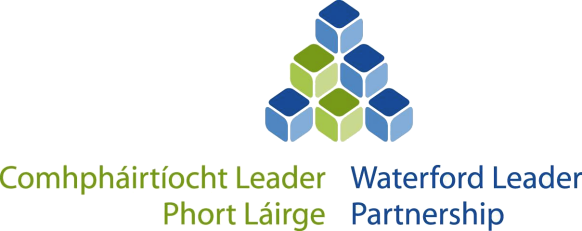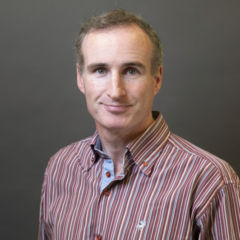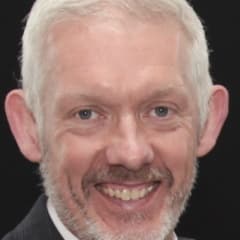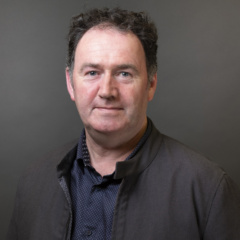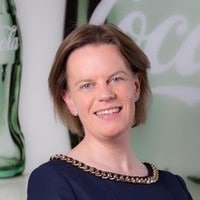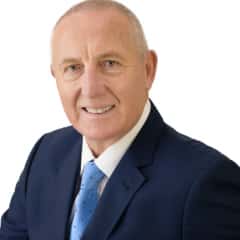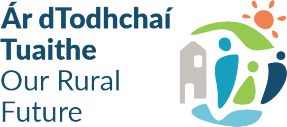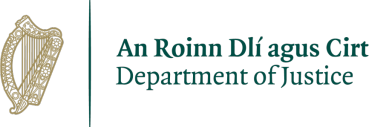Company Status
Waterford Leader Partnership CLG is a company limited by guarantee with charitable status. The company registration number is 189661 with its registered office at Lismore Business Park, Lismore, Co Waterford. The CHY Number is 18451 and Registered Charity Number is 20070748.
Vision for Waterford LEADER Partnership CLG
Our vision is to help create Communities that are economically, socially, culturally and environmentally sustainable in which all people can reach their full potential.
Objectives
- The development of infrastructure necessary for employment and sustainable living in Rural Waterford.
- To promote Business and Tourism through investment.
- To establish viable enterprises that utilize both the natural resources of the area and or embrace new technology that are wealth and job creating;
- To promote and source funding towards Culture/Language, Heritage, and Training that promotes local talent and new thinking to deal with contract working.
- To work contractually with Statutory and other investors to establish a variety of investment sources;
Goals
- To identify and compete for sources of funding which help to achieve the company objectives.
- To develop a solid linkage with the Credit Union movement and other potential lenders in terms of matched finance and investment in sustainable projects.
- Vibrant Villages: A programme to facilitate the growth of 15 sustainable villages within the county
- Engines of Growth: The development of a focused strategy for the economic development of selected areas (e.g. Blackwater Valley) where communities and local business work together onan integrated plan to create new wealth, making the rural area a more attractive place to visit or live in.
- Sectoral initiatives: Through Community Training, Facilitation and Scenario Planning, Set up county wide organisations /structures that are ready and willing to work quickly at community level with national programmes so that the communities have action ready strategies ready to avail of State and EU Funding opportunities as they arise.
Executive Committee
The executive committee has the authorisation to act and make decisions on behalf of the board that do not require the attention of the entire board. In addition, they may be called upon to make decisions surrounding issues that arise between regularly scheduled board meetings.
Because of its size, an executive committee can often move things forward quickly and more efficiently than a larger board. A large board could experience difficulties in making decisions in the best interests of the company because of pressure to satisfy competing interests, while a smaller group might find it difficult to have the confidence of the various interests within its service area.
The executive committee shall report regularly and routinely to the Board concerning its activities on behalf of the company. The committee is obligated to present their actions to the entire board if a decision has been made in their absence.
Composition of the Executive Committee
The Executive Committee is comprised of the following:
- The Company Chairperson
- The Company Vice-Chairperson
- The Company Secretary
- Chair of the Audit Committee
- Chair of the DSP Committee
- Chair of Social Farming Committee
If one Board Member is filling two of the above roles then the Board, at the AGM, may nominate a fifth member who is not a Chair or position holder to the Executive.
Audit Committee
The purpose of the Audit Committee is to assist the Board in fulfilling its responsibilities by reviewing the finances of Waterford Leader Partnership. The Committee shall be given full and direct access to the WLP’s Financial Controller and external Auditors as deemed necessary to carry out these responsibilities. However, the Committee’s function is one of oversight only and shall not relieve the company’s management of its responsibilities for preparing financial statements, which accurately and fairly present the Company’s financial results and condition, or the responsibilities of the independent accountants relating to the audit or review of financial statements.
Composition of the Audit Committee
The Audit Committee shall be comprised of not less than five directors, namely:
- Chairperson,
- Vice-Chairperson/Company Secretary
- Three Directors
All members of the Committee shall be able to read and understand fundamental financial statements, including a balance sheet, income statement and cash flow statement. At least one member of the committee shall have past employment experience in finance or accounting, requisite professional certification in accounting, or any other comparable experience or background which results in the individual’s financial sophistication, including being or having been a CEO, CFO or other senior officer with financial oversight responsibilities.
The Chairperson of the Board cannot also Chair the Audit Committee. The Audit Chair will be decided by a vote among the members of the Committee.
DSP Committee (For DSP funded Programmes)
The purpose of the DSP Committee is to assist the Board in fulfilling its responsibilities by reviewing the activities, annual plans and outcomes of the DSP funded programmes of WLP, i.e. Tus, LES and RSS. The Committee shall be given full and direct access to the coordinators of each of the DSP funded programmes.
Composition of the DSP Committee
The DSP Committee shall be comprised of 5-7 directors. The members should have a mix of skills, where possible, including a knowledge of;
- Unemployment
- Community groups in County Waterford
- Training & upskilling
- Employers needs
Evaluation Committee
The Evaluation Committee is an independent committee established to evaluate RDP projects on behalf of the Board of WLP, as implementing partners, and Waterford Local Community Development Committee (WLCDC) as contract holders. The Committee is responsible for assessing applications and requesting additional information where it is felt that information provided is not sufficient to make a decision.
The Evaluation Committee shall report regularly to the Board of WLP & WLCDC concerning its activities on their behalf. The Board of WLP may make recommendations to WLCDC on strategic direction but final project approval is the decision of WLCDC.
